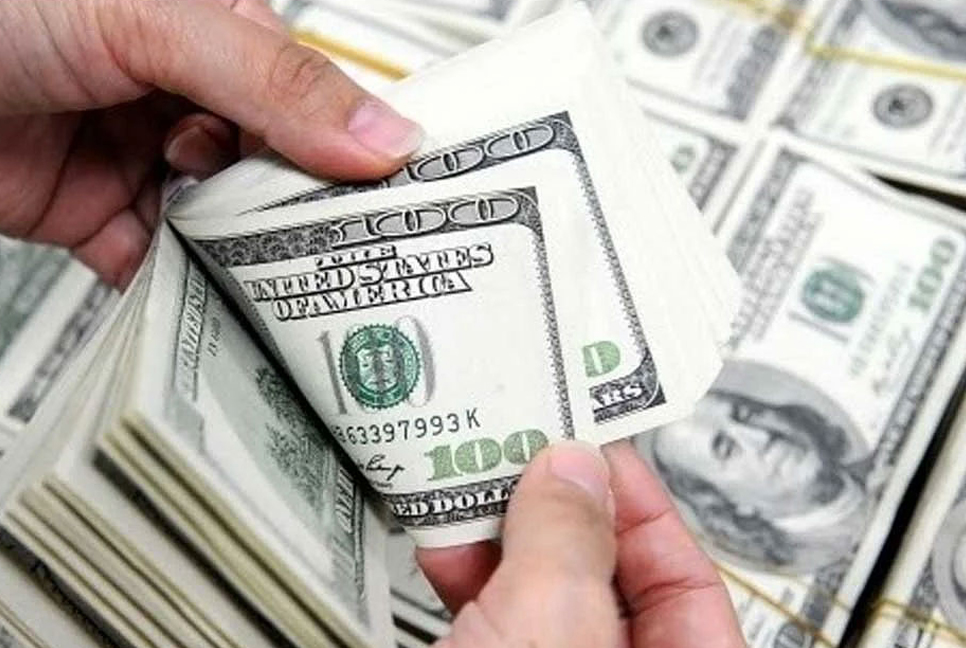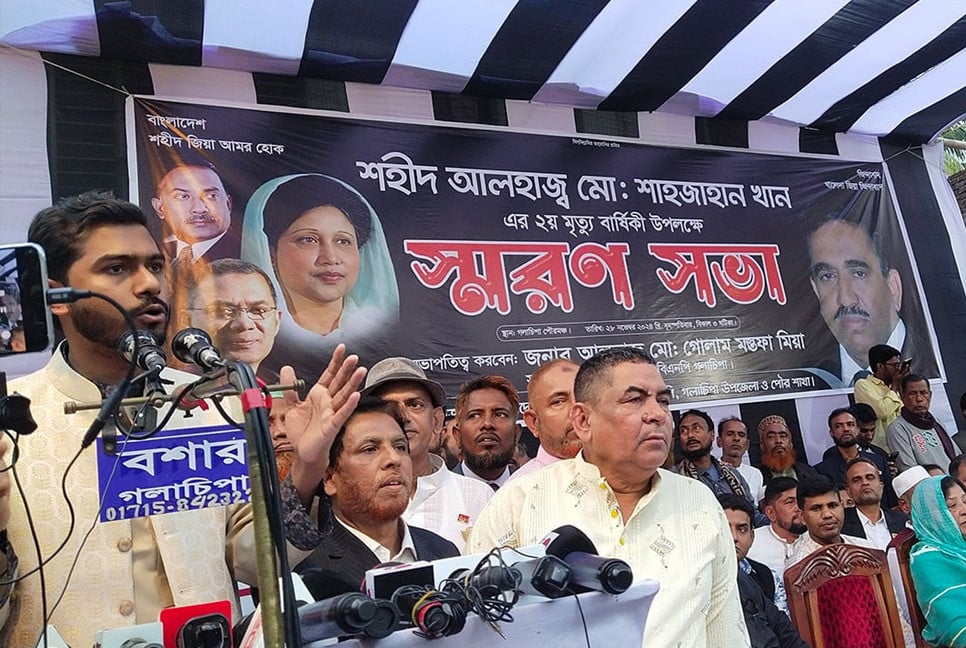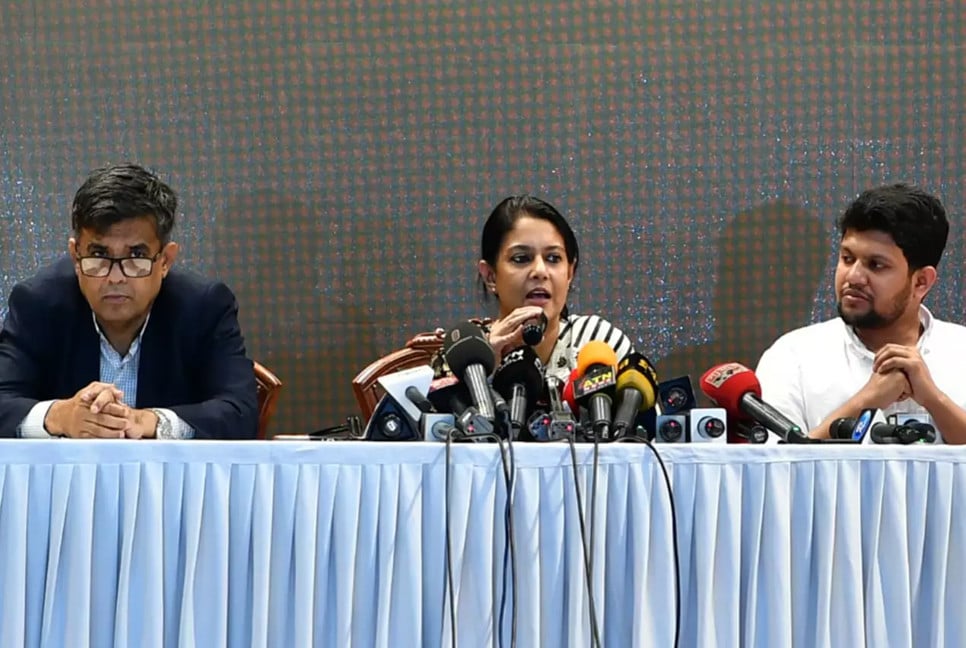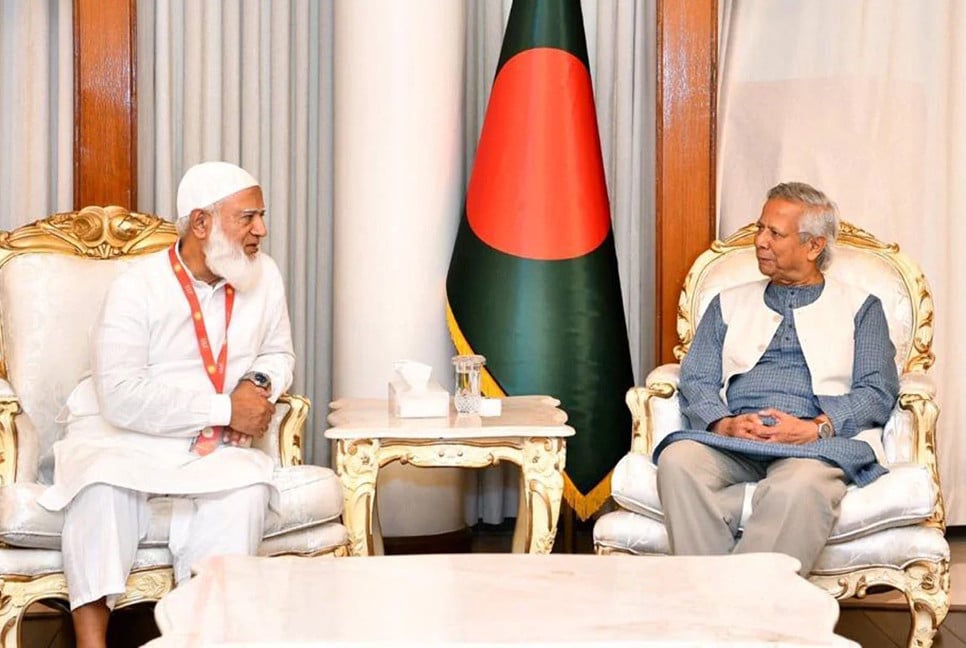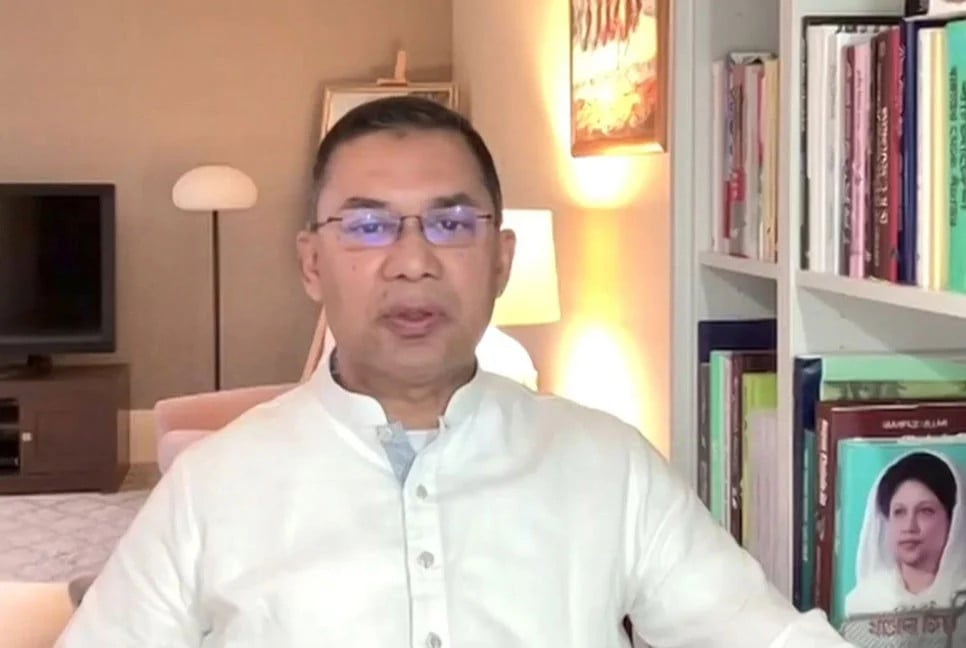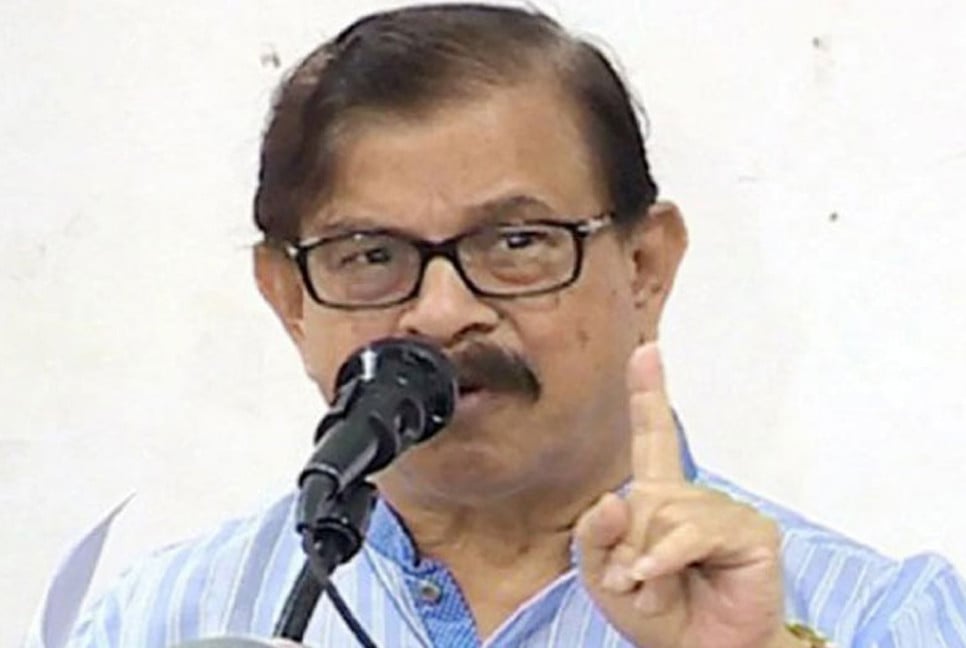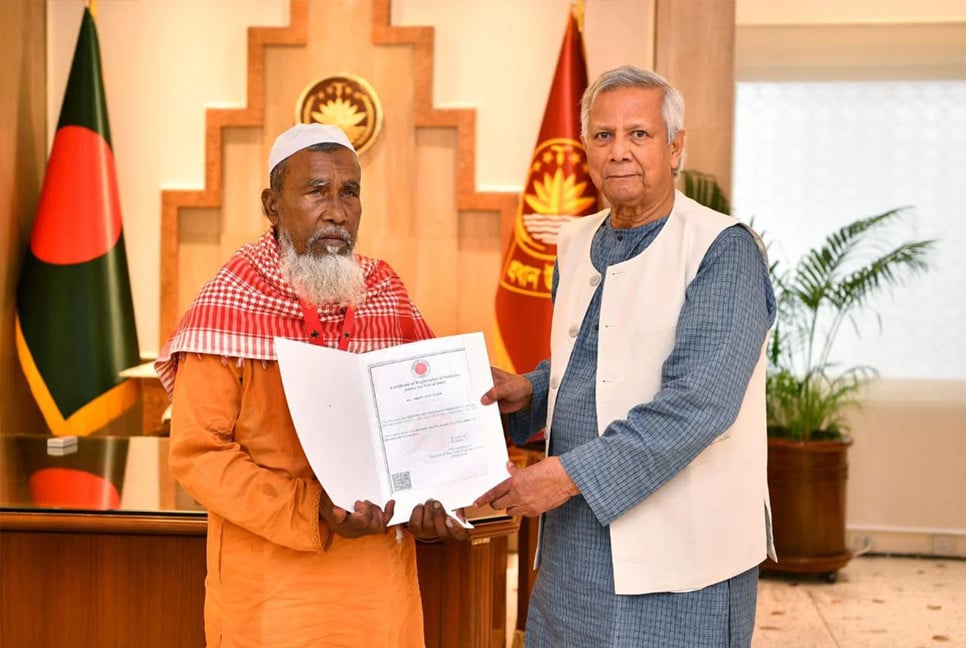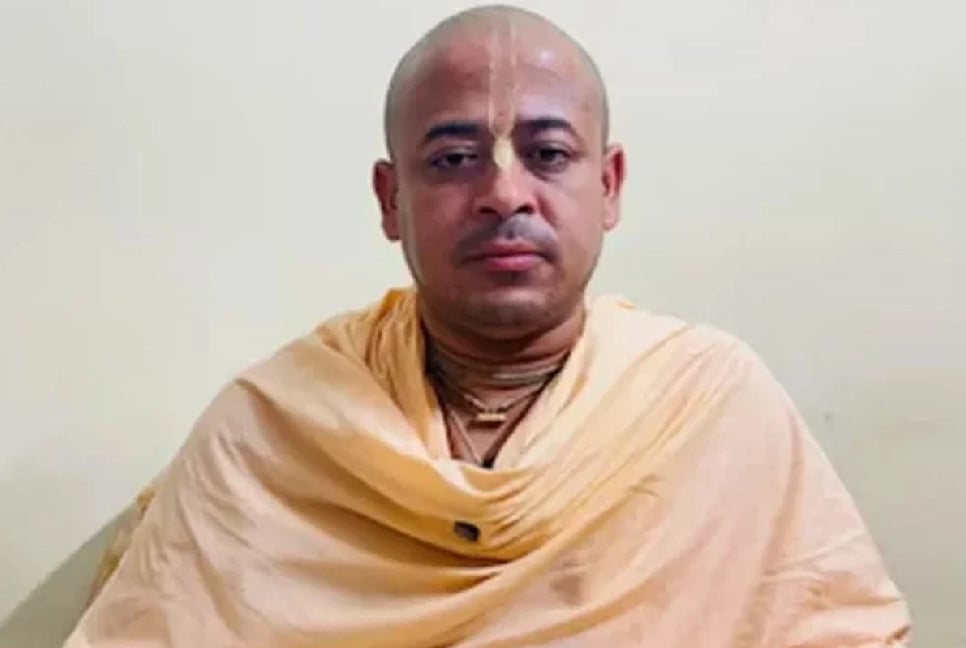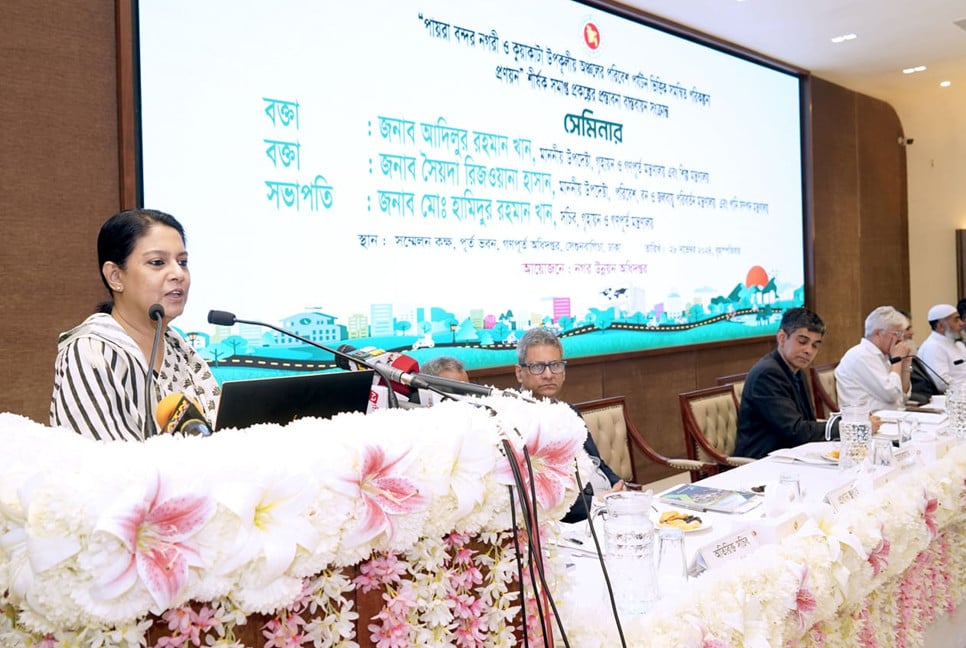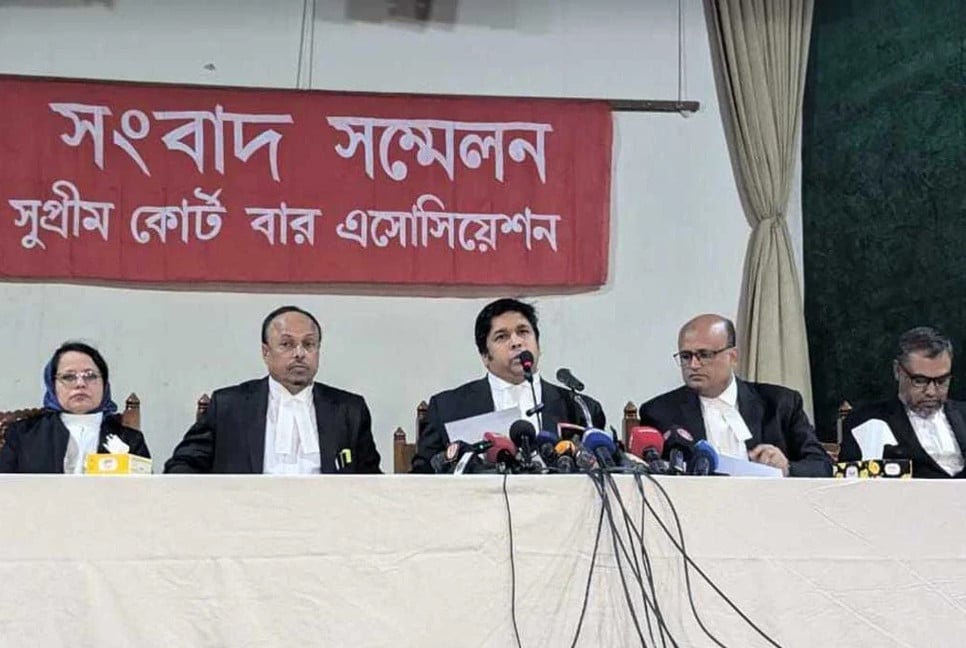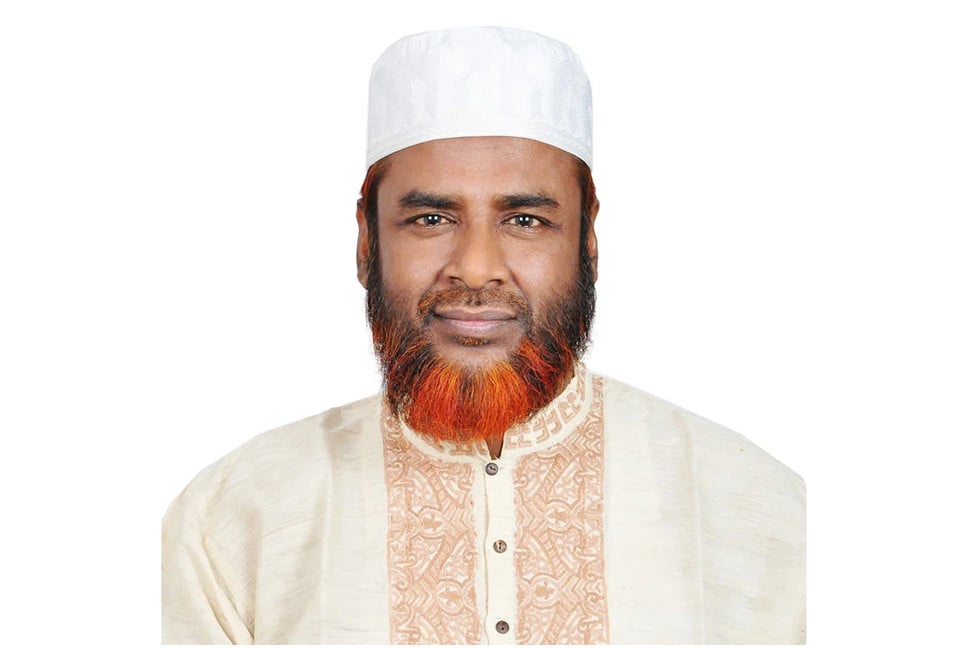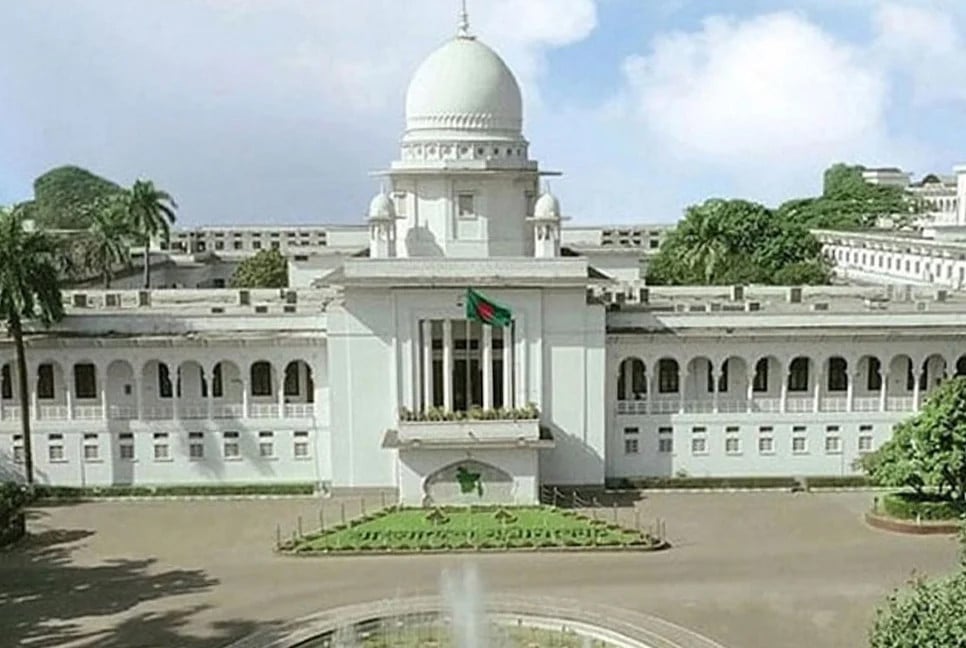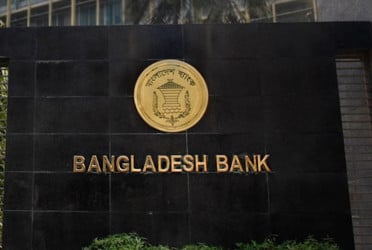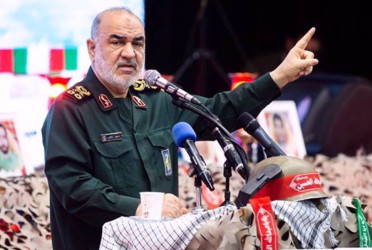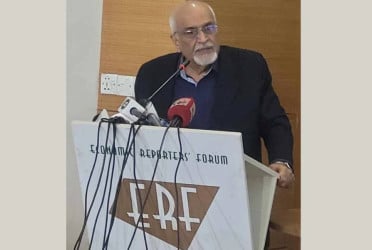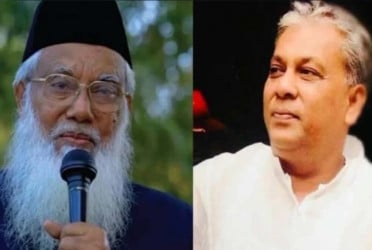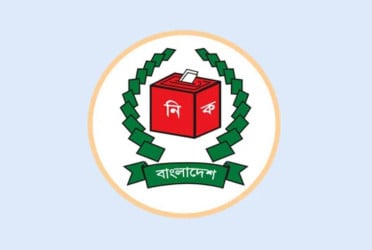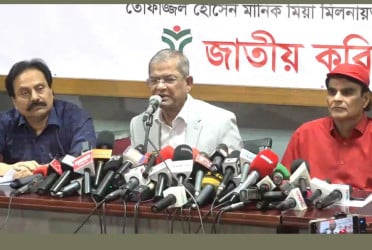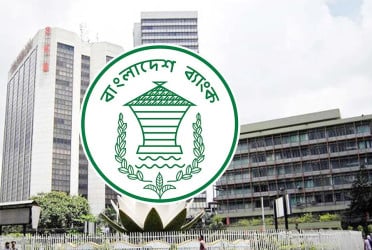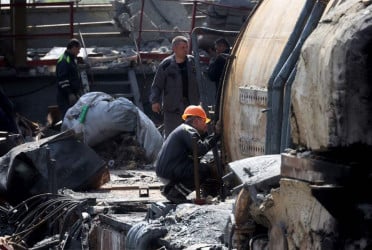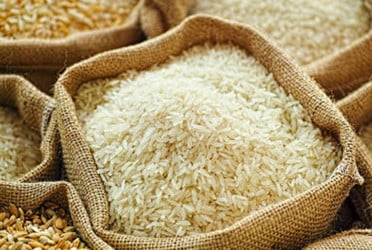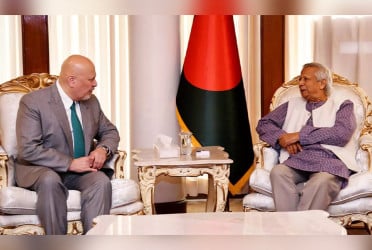Despite the low price of coal in the international market, Bangladesh is not getting the benefits due to the dollar crisis.
Now it is possible to bring coal in the country between 100 to 110 dollars per ton including transportation cost. But in August last year, the price of the same quality coal was 460 dollars.
Including transportation costs which cost to bring to the country cost 480 dollars. According to that, buying now would have saved $370 per ton of coal. The amount of saving in rupees is 39 thousand 590 per ton compared to last August price.
Talking to the power department and coal-fired power generation companies, now the energy cost per kilowatt/hour (unit) of coal-fired power generation has come down to below five rupees. In total, the cost per unit of electricity production is about 9 Taka. Due to high coal prices, the cost of generating electricity per kilowatt/hour (unit) increased from Tk 17 to Tk 22 at the end of last year.
Those concerned said that now is the right time to buy coal for six months. But due to dollar shortage, it is not possible to buy additional coal. In long-term contracts, companies pay prices according to the coal price index.
Power secretary Md Habibur Rahman said, “Coal cannot be bought for a long time. Because, the coal can be damaged by mixing with water vapor in the air. LC can be opened and brought as needed. In this case, coal cannot be bought due to dollar shortage.”
According to the calculation of the international market price of coal, in July 2020, the price of coal per ton of 6322 kilocalories was 79 dollars in the international market. Bangladesh's Payra thermal power plant produces electricity with 5050 kcal of coal. And other centers of the country use coal of 4600 kilocalories. Coal price depends on kilocalorie. The better the coal, the higher the price. Power plants in Bangladesh get a ``supplier's discount'' after pricing per kilocalorie.
According to the Global Monthly Coal Power Index 2020-23, coal prices have been increasing continuously since July 2020. Last year in August which was the highest of 577 dollars. But after that the price of coal continued to fall again. The price of coal of 6322 kcal per ton was 417 dollars last January. It fell to $283 per tonne in February. After that, the price of coal in the international market continued to decrease. Now the best quality coal is selling at $122 (calculation of last June 14).
Those concerned said that if coal is bought now, then there is no need to worry about the cost of electricity production for the next six months.
An official related to the power plant said, if the coal-fired power plant produces electricity at 80 per cent capacity, then 13 crore 47 lakh 84 thousand units of electricity will be produced daily. According to that, 40 crore 43 lakh 52 thousand taka will be saved per unit of electricity generation by three taka per day. And 7 thousand 278 crore taka can be saved as per six months. He also thinks that the savings could be more.
Sources said that every year the finance department gives subsidy of Tk 38 thousand crores for power generation. Out of this, Tk 3000 crore per month, Tk 30000 crore in 10 months, and Tk 4000 crore to Tk 8000 crore in May and June are subsidized to PDB for power generation.
Officials said that continuing the production of coal-fired power plants with the benefit of lower prices will be beneficial in two ways. One is the availability of cheap coal-fired power. On the other hand, oil-fired power plants will have to reduce production. In this way, the government will not have to spend huge amount of money for oil based power plants.
Last year, PDB's furnace oil-fired power plants spent Tk 22.10 per unit of electricity generation. In other words, if coal-fired power plants can generate 9 Taka per unit, then 13.10 Tk can be saved per unit. Now there are 56 furnace oil fired power plants of 5 thousand 541 MW in the country.
A top official of a coal-fired power plant said much has been said about the dollar crisis. Many people are unhappy to talk about these things. This is embarrassing.
He said that the meetings we had with Bangladesh Bank were attended by Prime Minister's Energy Adviser Taufiq-e Elahi Chowdhury Bir Bikram, State Minister for Power, Energy and Mineral Resources Nasrul Hamid and Power secretary Md Habibur Rahman. We may have failed to explain to them how it is possible to save in power generation. If saved, the money will remain with the state.
On the other hand, if it is not possible to save, the state will incur additional expenses. He believes that decisions should be made based on what is best.
Bd-pratidin English/Tanvir Raihan

